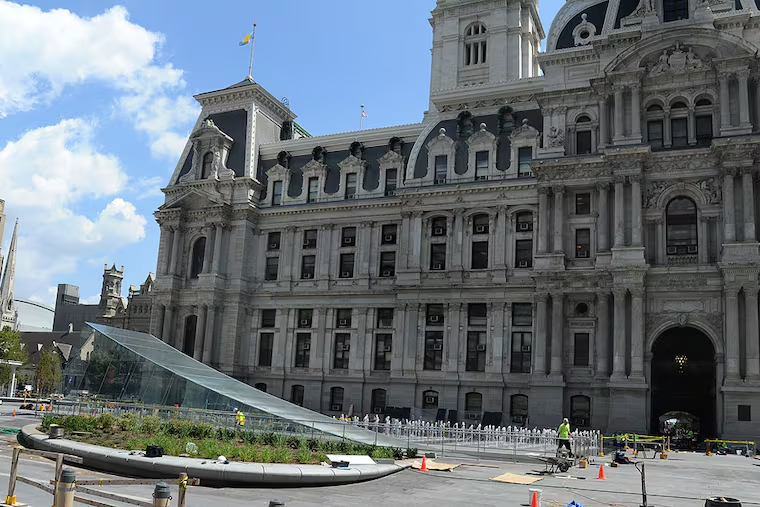As the economy falters, black- and minority-owned small businesses need support, too | Opinion
When small and minority-owned businesses can’t get loans because banks hesitate or discriminate, and minority-owned banks don’t have capital, our economy suffers.

The Great Recession lasted 19 months, from December 2007 to June 2009. Its impact, however, was felt into the 2010s, touching all sectors of the economy and socio-economic groups. Thousands of businesses closed, including many small and minority-owned businesses, leaving employees and entrepreneurs looking for new opportunities to weather the storm.
Minority businesses were impacted just as significantly — if not more — than small businesses. Minority Business Development Agency data shows 17 percent of minority businesses receive loans, versus 23 percent for non-minorities. Loan denial rates are nearly three times higher for minorities (42% to 16%). Minority businesses receive an average loan of $149,000, versus $310,000 for non-minorities.
Minority communities often experience a lack of wealth, less equity capital, and lower rates of business creation. Research from Stanford found pronounced differences in wealth between black and white business owners. At opening, black business owners contributed $19,500 in personal equity, versus $34,500 for white business owners. The average black owned business had just $500 in external equity financing; the average white-owned business had more than $18,500.
When small and minority-owned businesses can’t get loans because banks hesitate or discriminate, and minority-owned banks don’t have capital, our economy suffers. According to Small Business Administration data, 30.2 million small businesses employed 58.9 million employees in 2018. With COVID-19 on the rise, infecting hundreds of thousands and killing more individuals than September 11th, small and minority-owned businesses face a threat that could be more damaging than the Great Recession.
If local, state, and federal officials want to foster participation in the new economy, they have to be intentional in their commitment to small business. The question is: How do we help these businesses survive and thrive?
The answer is multi-faceted. Locally, the following should be considered:
A minimum of 40 percent of professional services contracts of up to $100,000 in value should be mandated for minority companies.
Awarding of construction and related industry contracts of up to $2 million in value should be mandated that minority companies be in the prime position.
Prompt payment in 30 days or less. Delayed payment affects cash flow and ability to pay employees.
Grants and performance-based loans: As workers are laid off or furloughed, we must incentivize companies to retain workers in return for loan forgiveness.
At the state level, the governor, lawmakers, and state agencies should collaborate and consider:
Target 10 percent of Commonwealth spending to minority vendors.
A minimum of $40 million to a capital sourcing fund for minority owned businesses.
Prompt payment for minority-owned suppliers.
Do not apply the proposed Ready, Willing and Able Program to minority owned companies.
At the federal level, the Administration and Congress should not take action to suspend or amend participation goals for minority-owned businesses. The federal government spends $500 billion annually on goods and services. The Small Business Administration works with federal agencies, ensuring that at least 23 percent of contracts go to small businesses. Without participation goals, most small businesses would not be able to compete with Amazon or Microsoft. Government contracts open new avenues and revenue streams for small businesses.
Small businesses employ 47.5 percent of the workforce and are vital economic drivers. Many small businesses operate behind the scenes, providing goods and services we use daily. With Americans home in isolation, many small businesses are in danger of closing. Taking steps to help businesses now will help us emerge stronger later.
Harold T. Epps is former director of commerce for the City of Philadelphia.